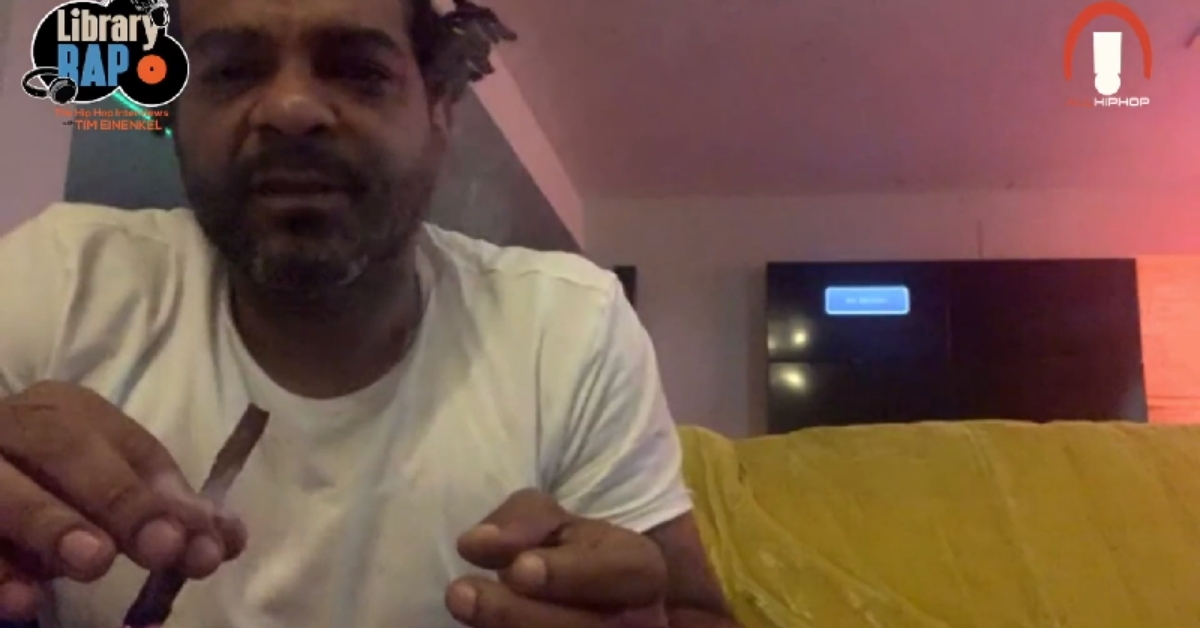By Cornell Dews
I’d like to explore the notion that rappers have the most dangerous occupation in the world. Now before you become angered and enraged by the idea that rap artists’ profession of choice is one of life and death, let’s explore it. And more importantly than confirming whether the notion is true or not, let us begin a conversation on ways to curtail the optics of the truth.
Harlem’s own Jim Jones has been the most vocal artist to echo the sentiments of rap being the most dangerous profession. However, he’s not alone with his feelings. Furthermore, not certain if Jim Jones knew this or not before he went on record, there was a study done more than five years ago to support his claim. The study was done by Professor of Psychology and Professor of Music Dr. Dianna Theadora Kenny while on the staff at The University of Sydney, where she was employed for 31 years. Her study was conducted and published in 2015. So, who better to use as authorities on the topic of this discussion other than someone who has studied it and someone who is living it?
While on the big, big, biggest show in the world, The Fat Joe Show, in December 2020, Jim Jones reiterated his sentiments. He stated that rappers have the most dangerous job in the world. When asked by Don Cartagena to elaborate on his statement, Jim Jones shared “we’re targets and we don’t even know why we’re targets half the time.” He continued to say, “we live through our music and our music reflects a lot of aggression and these kids out here follow our music and that puts us in harms way.” Mr. Jones went on to say, “I think that social media has hyped it up tenfold.” “It’s f##### up to be a target and you don’t know who’s targeting you.”
When Jim Jones initially shared his feelings many people took offense. He’s even on record saying that many of his peers in the industry rebuffed his claim. Not to mention those who served in the armed forces who pushed back. To the naked ear, Jim’s statement seemed ludicrous and somewhat offensive to other professions. However, in 2015, five years prior to Jim’s comments, Dr. Dianna Theadora Kenny told the Washington Post that people who go into rap music or Hip-Hop are in a “much more occupational hazard profession compared to war.” She went on to say, “we don’t lose half our army in a battle.” Apparently, her data, which used a sample group of 13,000 musicians in all genres concluded that more than 50% of Hip-Hop artists die by homicide. It’s frightening to imagine anyone being murdered. But to put Jim’s words in perspective, based on Dr. Kenny’s statistical data, 1 of every 2 Hip-Hop artists are prone to die by homicide. That’s not only alarming, but cause to immediately do something to change that trajectory. I love Hip-Hop, but what are we doing as a collective, as a culture? What are we doing?
In my opinion, there are several takeaways from what Jim Jones shared with Fat Joe when he was on his show in December. I thought his statement about rap artists music reflecting a lot of aggression and its influence on the kids listening to it could be explored further to identify the root cause of rappers occupation being so dangerous. That coupled with the use and misuse of social media by rap artists. Emcees are no longer “reporting” the news of inner city America to the masses, they’re becoming the gruesome news topics, in many cases. I won’t begin to list the number of popular artists or family members of artists that we’ve lost to murder recently. And the Lord only knows how many Hip-Hop acts of lesser fame have succumbed to violence. Not to mention the victimizer whose life is thrown away by engaging in the act of murder. Multiple lives lost.
Allow it to be duly noted that Jim Jones wasn’t erratic, emotional or off base when he made his claim.
He was actually accurate. And there’s data to support his observation. Now my only question and concern is, “how could we have allowed an opportunity to escape poverty and create legal wealth for ourselves and others to become a deathtrap?” And more importantly, what can we do to stop it?
Let’s discuss that.
Comment below.
